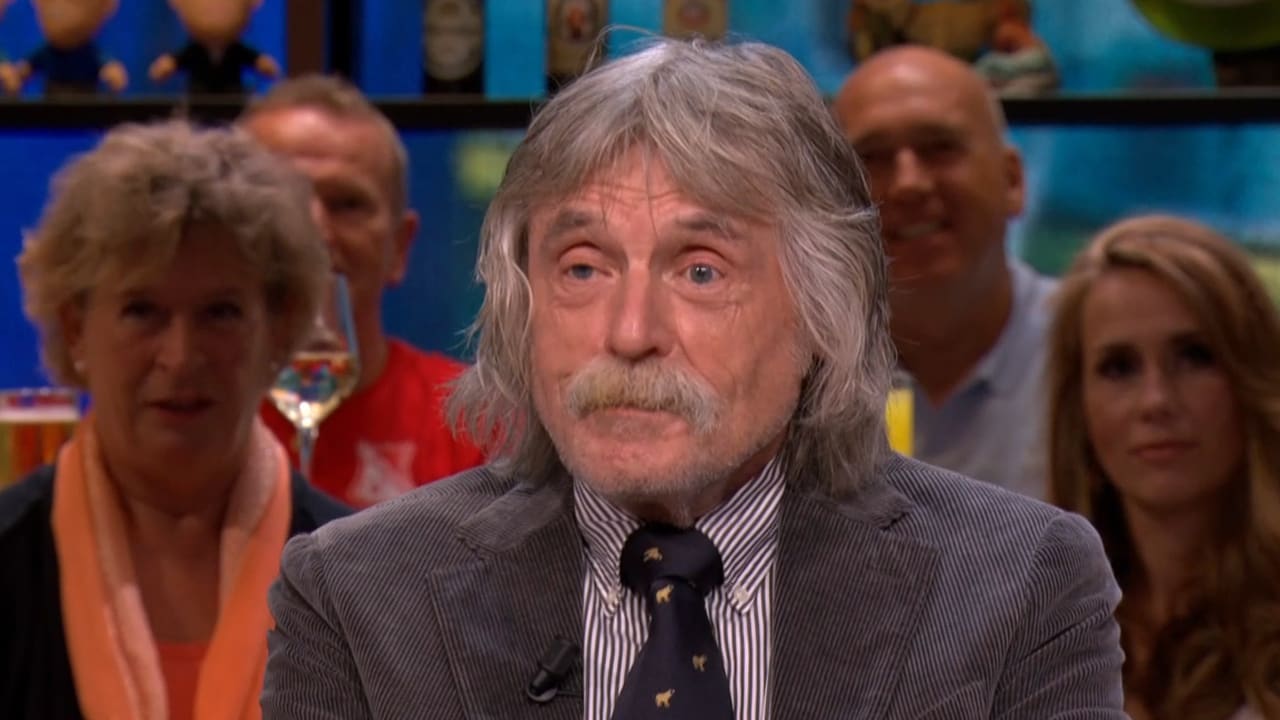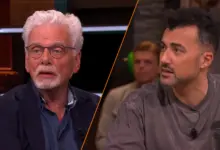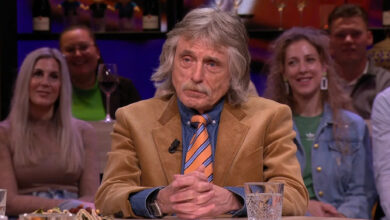Johan Derksen Sparks Controversy Over Yves Berendse Comments
On March 24, 2025, Dutch television personality Johan Derksen stirred controversy while discussing singer Yves Berendse on the talk show Vandaag Inside. Derksen did not hold back when expressing his dislike for Berendse, stating, “I find that Berendse such a nasty little boy. That face, I can’t stand it! And those songs of his, and then that hysterical father… What a horror! The moment I see that face, I switch channels.” Derksen’s comments were candid and arguably harsh, drawing an immediate response from his co-host Wilfred Genee.
Wilfred Genee defended Berendse, interviewing the emotional reactions to the remarks. He said, “I really don’t see it that way. He’s a nice guy, you know. Really a nice guy.” This clash of opinions provided a glimpse into a polarizing conversation that was lively and, for some, uncomfortable.
The reaction from the audience has been varied. Some viewers support Derksen’s stark honesty, appreciating his no-holds-barred approach to television commentary. Others, particularly fans of Berendse, found the criticism disconnected from their own views, expressing that Derksen could have been more respectful. Berendse, a rising star in the Dutch music scene, has been gaining popularity with his songs and performances. This public spat brings attention not only to their personal opinions but also to the broader context of celebrity culture in Holland.
Derksen’s commentary also raises questions about the longevity of public figures like Berendse. With social media’s rapid rise, personalities are constantly scrutinized, and what may have been private opinions can now be broadcasted widely. This situation exemplifies how television personalities impact public opinion and how the audience reacts to their commentary on the everyday lives of celebrities.
Fans of Berendse took to social media to convey their disagreement with Derksen’s sentiment, leading to a broader discussion on the ethics of celebrity commentary. While some believe that tough criticism is part of entertainment, others argue for more kindness and consideration, especially when addressing personal attributes like appearance.
The timing of this discussion is particularly relevant as Berendse’s star continues to rise. His father, who has been a point of Derksen’s criticism, appears to be an enthusiastic supporter of his son’s career, often present at events. This type of familial support is often seen in the entertainment industry, and spectacles like these can lead to more discussions about how family dynamics play a role in the public’s perception of a star.
As the Dutch media landscape evolves, the boundaries of what can be said and how people engage with one another in public domains are continually tested. Derksen’s statements remind viewers that not all opinions will align, provoking thought on the implications of public discourse around talent, image, and familial associations.
The aftermath of this incident could lead to further discussions on the show regarding the nature of celebrity and criticism. With Derksen’s reputation as a provocateur, it seems likely this will not be the last time he addresses controversial figures on his platform.
In conclusion, the debate between Johan Derksen and Wilfred Genee is not merely about one person’s opinion on another but reflects larger societal themes of acceptance, respect, and the complexities of public platforms. As viewers navigate these discussions, it invites reflection on how we treat those in the spotlight.





